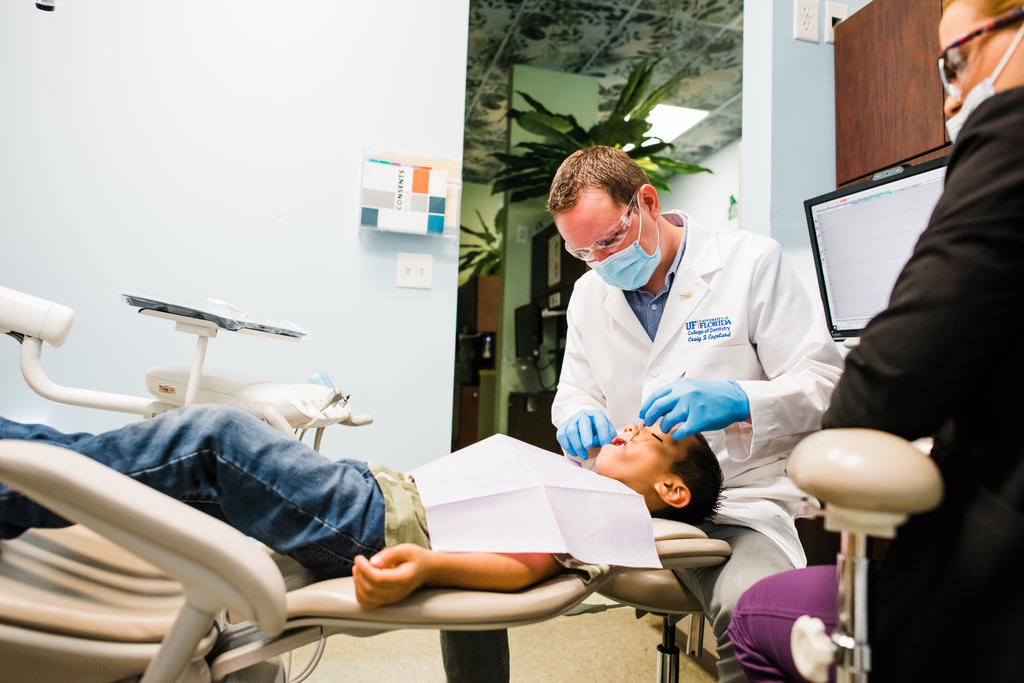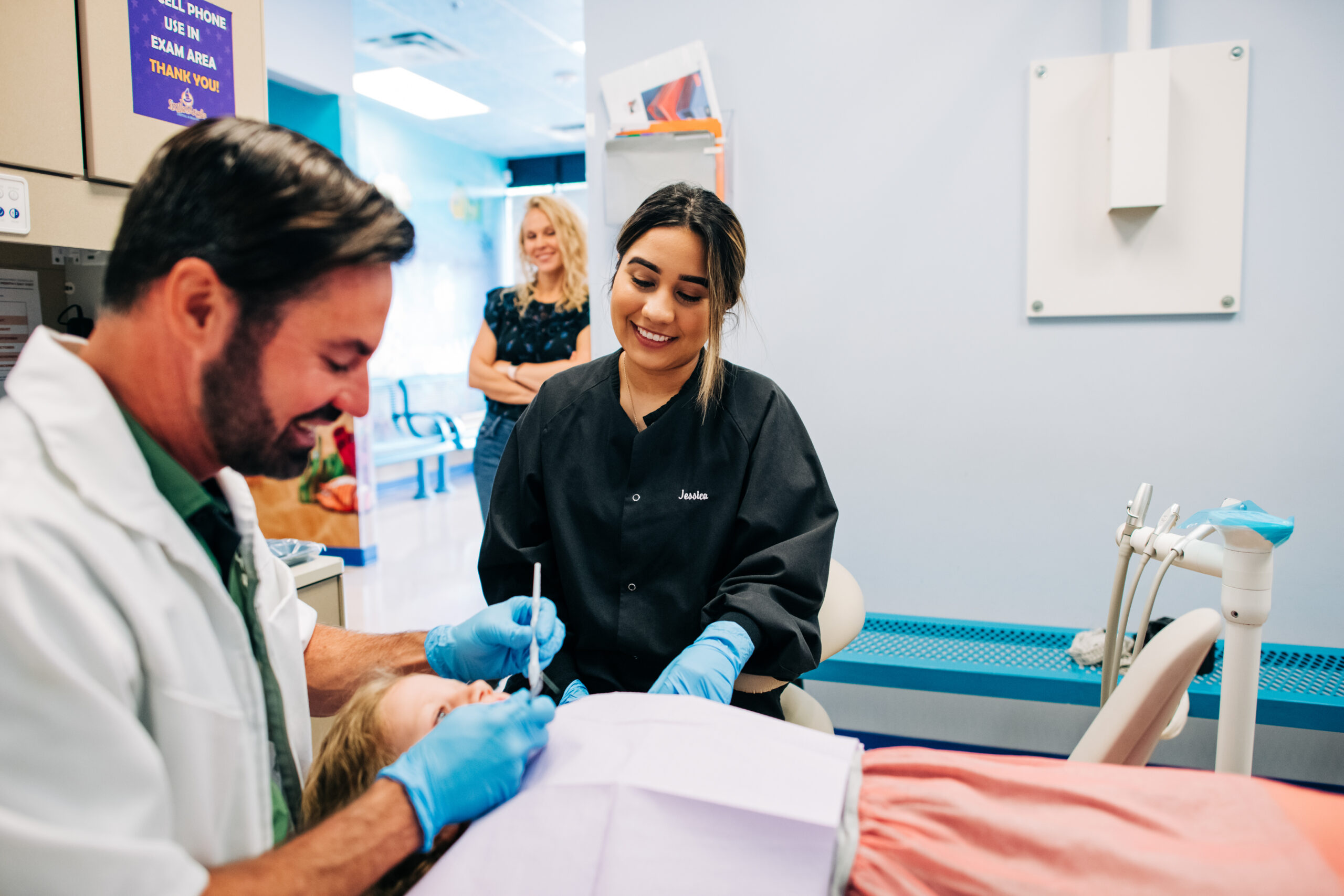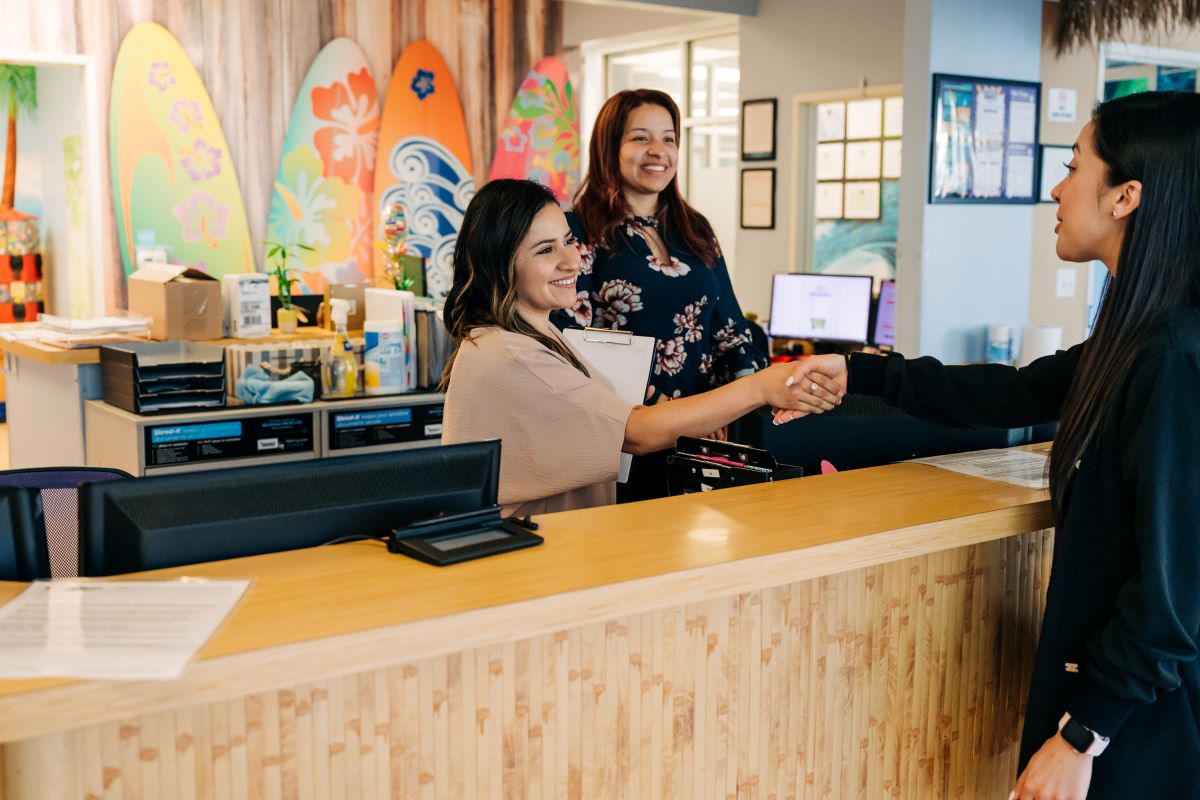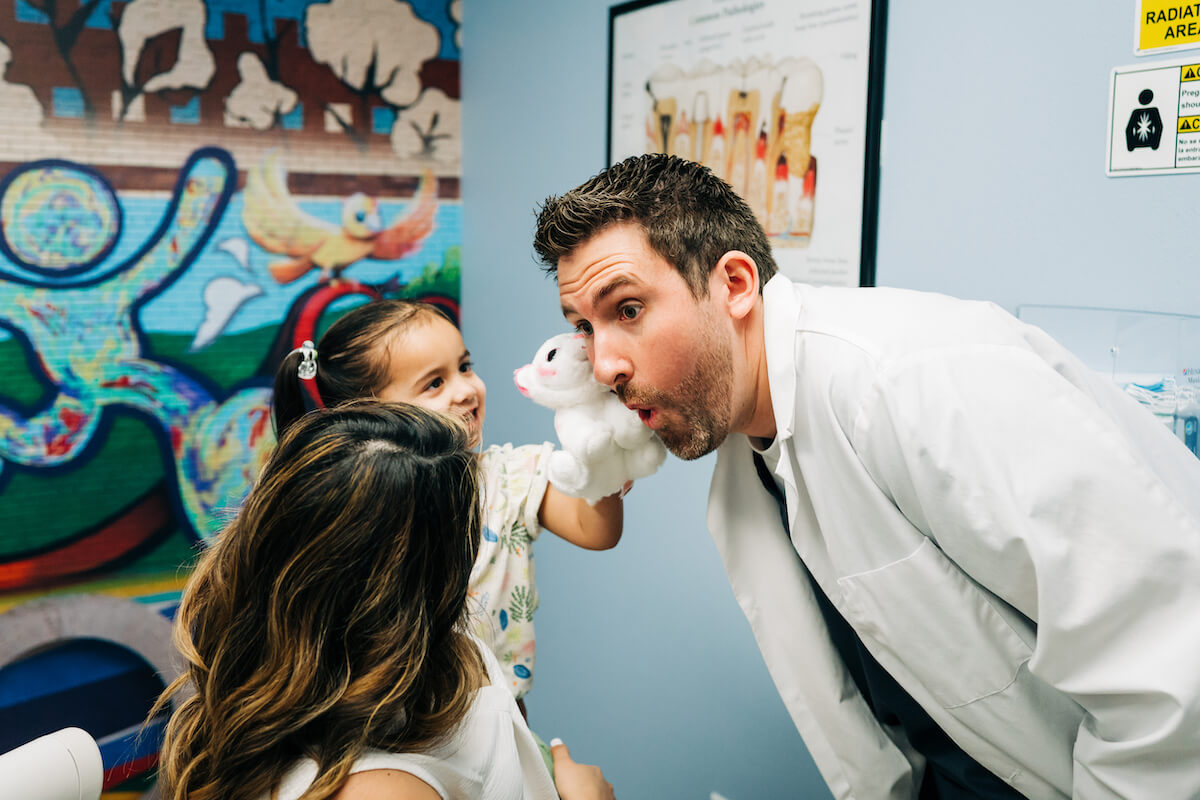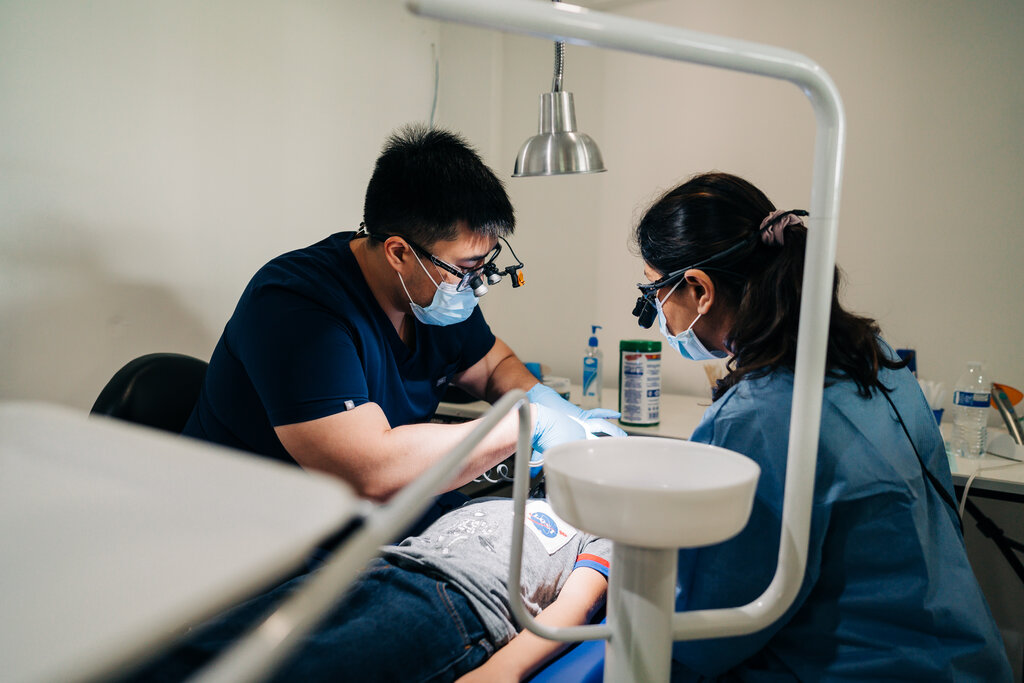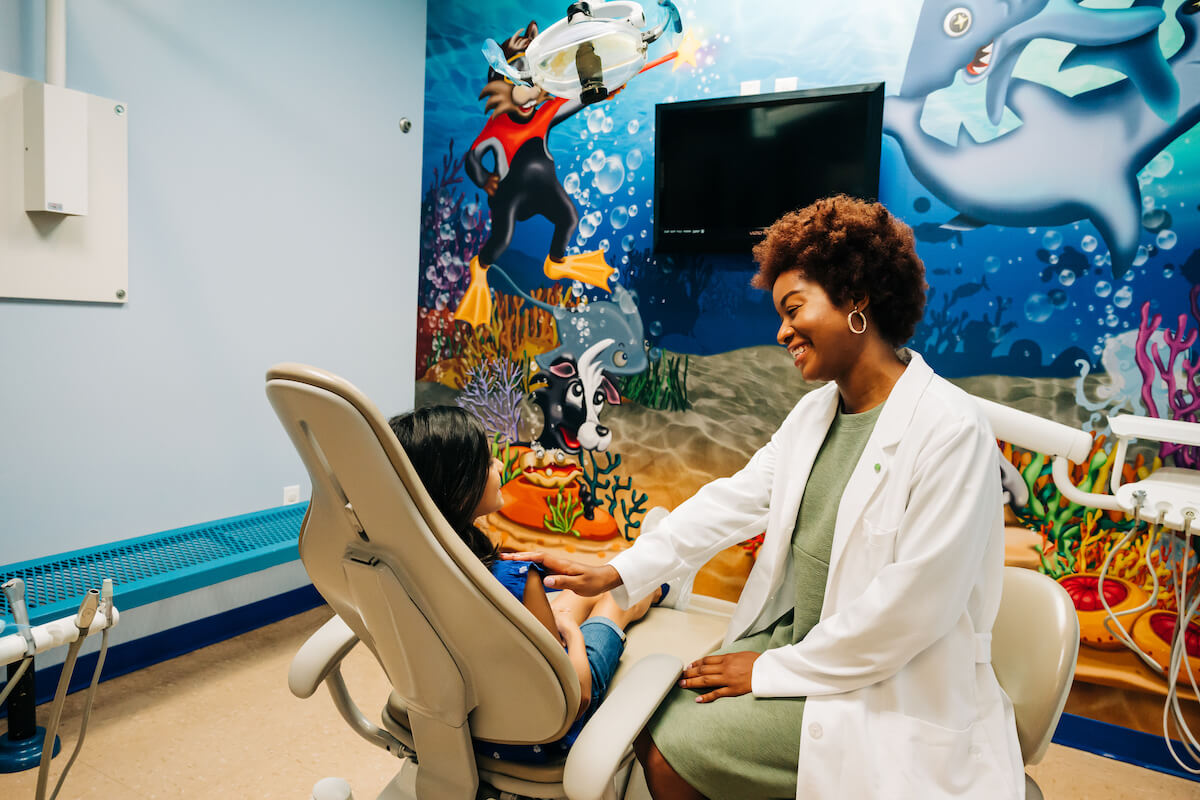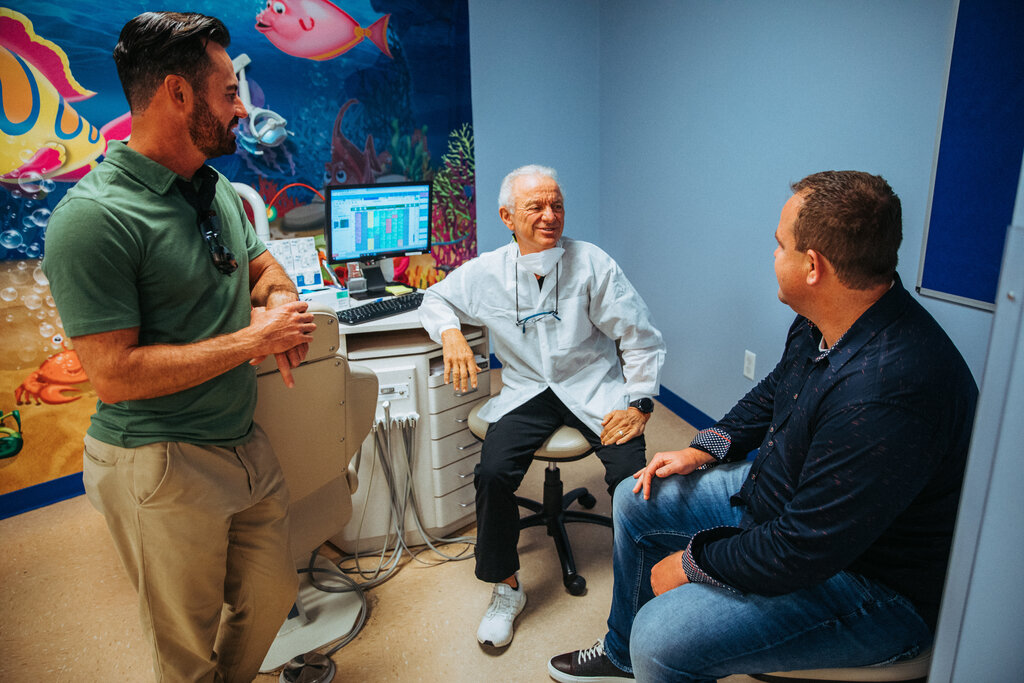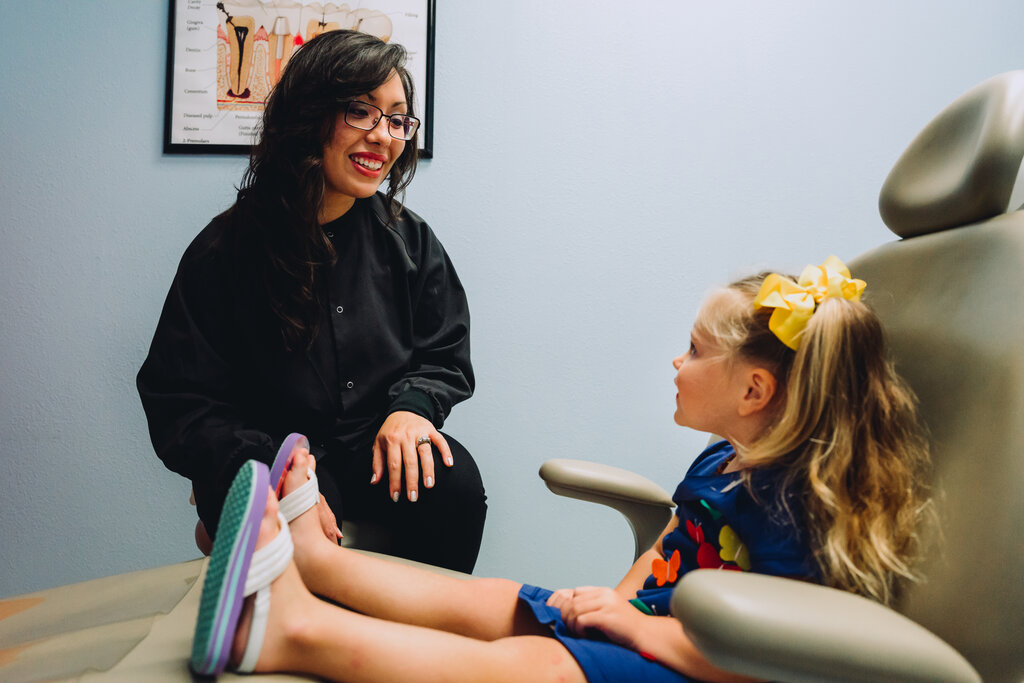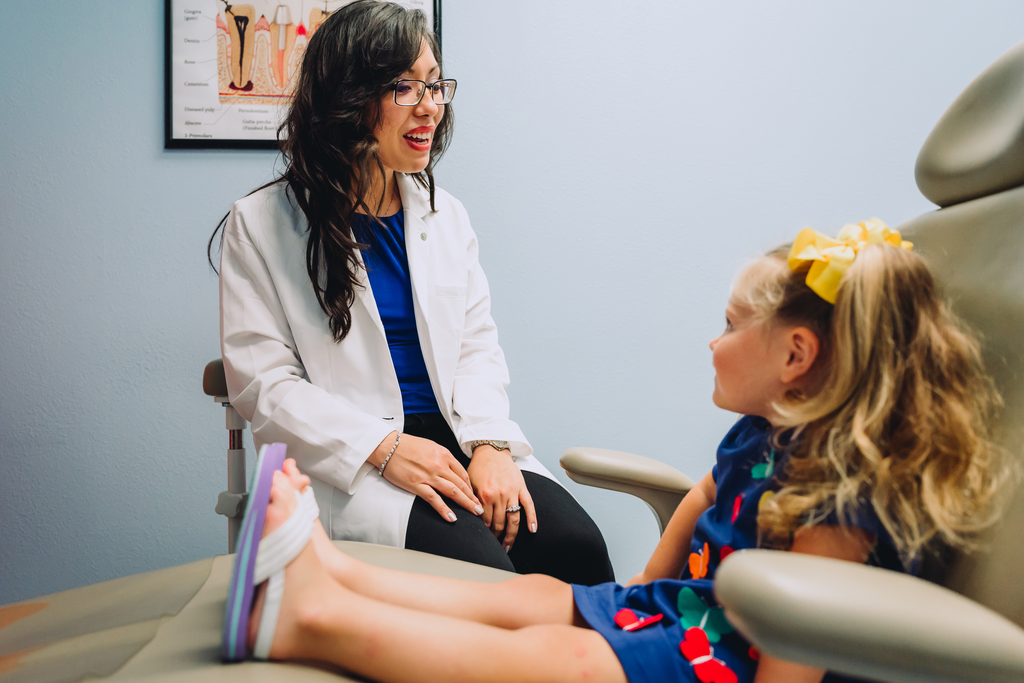
Clinical autonomy is one of the keystones of good clinical practice. Protecting autonomy means ensuring all treatment decisions are made with the full understanding of all potential options without feeling cornered or coerced. Additionally, autonomy is just as important for dentists as it is for patients! Therefore, you must understand what factors might stand in the way of your clinical autonomy as a dentist and how to protect it.
What Is Clinical Autonomy?
Firstly, clinical autonomy refers to independent, accountable decision-making by healthcare providers for the benefit of their patients. Dentists need clinical autonomy to provide the highest quality, most appropriate treatments for every patient daily. Problem-solving is essential for dentists, and clinical autonomy is how your solutions become reality.
A lack of clinical autonomy in your workplace can be a huge problem. Job satisfaction likewise becomes elusive when decisions are taken out of your hands. Dentists working without autonomy experience frustration and burnout. That’s why it’s so important to find a workplace that respects your expertise and works to maintain your autonomy as a doctor. Community Dental Partners is precisely that kind of organization.
Barriers to Clinical Autonomy for Dentists
We respect the doctors on our teams. You know the best options for your patients and how to address their needs and protect their health. Clinical autonomy isn’t always automatic for dentists. Several obstacles can stand between you and the ability to take ownership of the decision-making process in your clinical practice.
Insurance
Dealing with dental insurance providers can sometimes be one of the most frustrating parts of your day as a dentist. Officially, insurance companies can’t dictate care. However, we all know that reality can feel very different. Increasingly, insurance providers seem to meddle in treatment planning. Insurance providers can significantly impact your clinical autonomy by barring patients from accessing certain treatment options and declining to cover services. This impact increases if you’re contracted with certain providers, primarily if you work with Medicare or Medicaid.
Dentists have adopted a variety of strategies to deal with insurance providers. Some choose not to go “in-network” with any providers. While this approach leaves treatment decisions entirely in your hands, it can severely limit your patient pool and price many patients out of your care. Many dentists learn the key phrases and chart details that can make or break case acceptance by each insurance provider. Some choose the path of least resistance and try to align their plans with what they know insurance will accept.
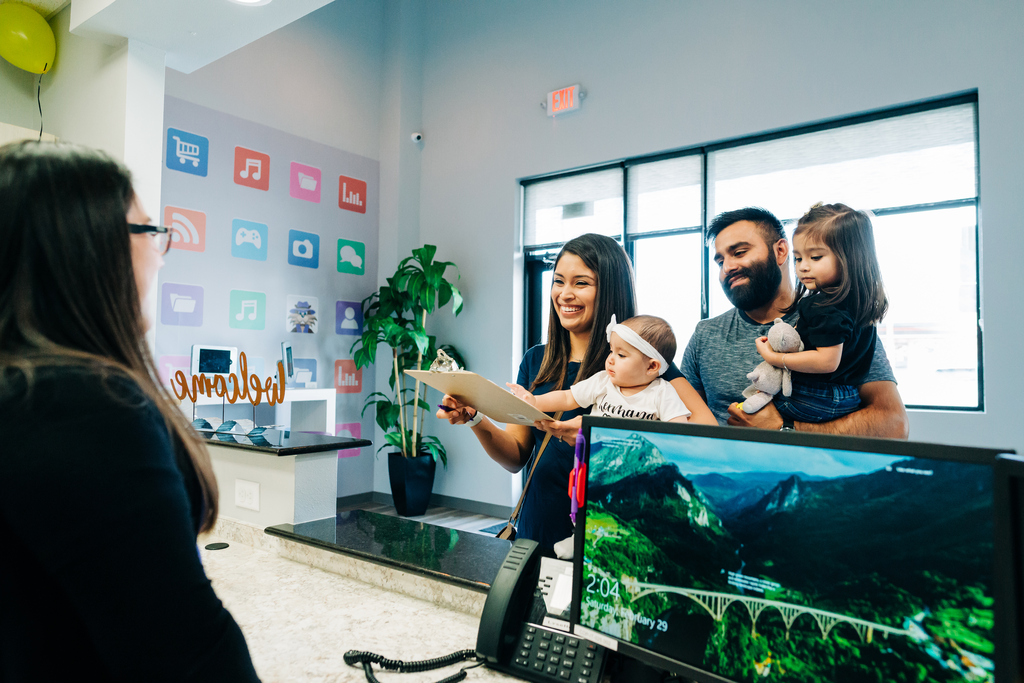
No matter your approach, having someone on your team who can support your autonomy helps you navigate the convoluted insurance process and ensure you can provide the best care for your patients. CDP provides administrative specialists who know how to deal with insurance companies in all our practices. Knowing you can trust your team to code and bill insurance properly and maximize your patients’ insurance benefits can take a load off your mind and ensure your autonomy to execute the best treatments for your patients.
Practice Structure
Sometimes, the practice’s business model detracts from the dentists’ clinical autonomy. This is a common problem with large corporate practices. Check out any dental forum online, and you’ll find no shortage of horror stories from doctors being incredibly dissatisfied with their lack of autonomy in these environments. Some practices try to maximize profits by telling dentists what treatments to recommend, regardless of how clinically appropriate those recommendations are. In many situations, these recommendations are coming from coordinators or office managers. In these cases, the decision-making process becomes complicated by burdensome oversight from non-clinical parties.
Beyond the practice’s administrative structure, technology can augment or inhibit your ability to recommend the treatments you believe in. Suppose your patient would benefit from 3D imaging, but your practice doesn’t have a CBCT. In that case, you’ll have to decide whether to seek a diagnosis with 2D images or refer them to a practice with what they need. Partnering with an outstanding DSO like CDP can help ensure your patients get the best treatment. You can work autonomously, recommending the correct treatments with state-of-the-art equipment.
Your Autonomy Benefits Your Patients
When a practice is organized so doctors don’t have clinical autonomy, the patient usually suffers. Clinical autonomy for dentists ensures that you can extend the best options for each case. However, a doctor’s and patient’s clinical independence can be at odds in some cases. Financial constraints, patient misinformation, and influence from family and friends can affect your influence in the decision-making process.

Ultimately, patient autonomy is king. Your role as a doctor is to present the best options and fully explain the benefits of each in terms your patient can understand. At the end of the day, however, it’s their decision which treatment option to accept, if any. Dr. Morrison, a CDP dentist, describes how clinical autonomy for dentists benefits the patient. “To me, clinical autonomy is important because it allows me to render treatment in a way that I feel will be best for the patient, as well as being able to present a variety of treatment options to patients so they, too, can have autonomy.”
Undoubtedly, working with a strong team can help. When other clinicians, from assistants to hygienists, can set the stage for you to have an effective conversation with your patient. Financial coordinators can help your patients access financial assistance to afford the best treatments. When the whole team works as a seamless unit, you can empower your patients to make the best decisions for their care. That’s why CDP works so hard to build effective teams to support each doctor. By protecting your clinical autonomy, we can ensure the best possible experience for each patient. Schedule a call with a Hiring Manager to learn more about a fantastic dental career at CDP!



